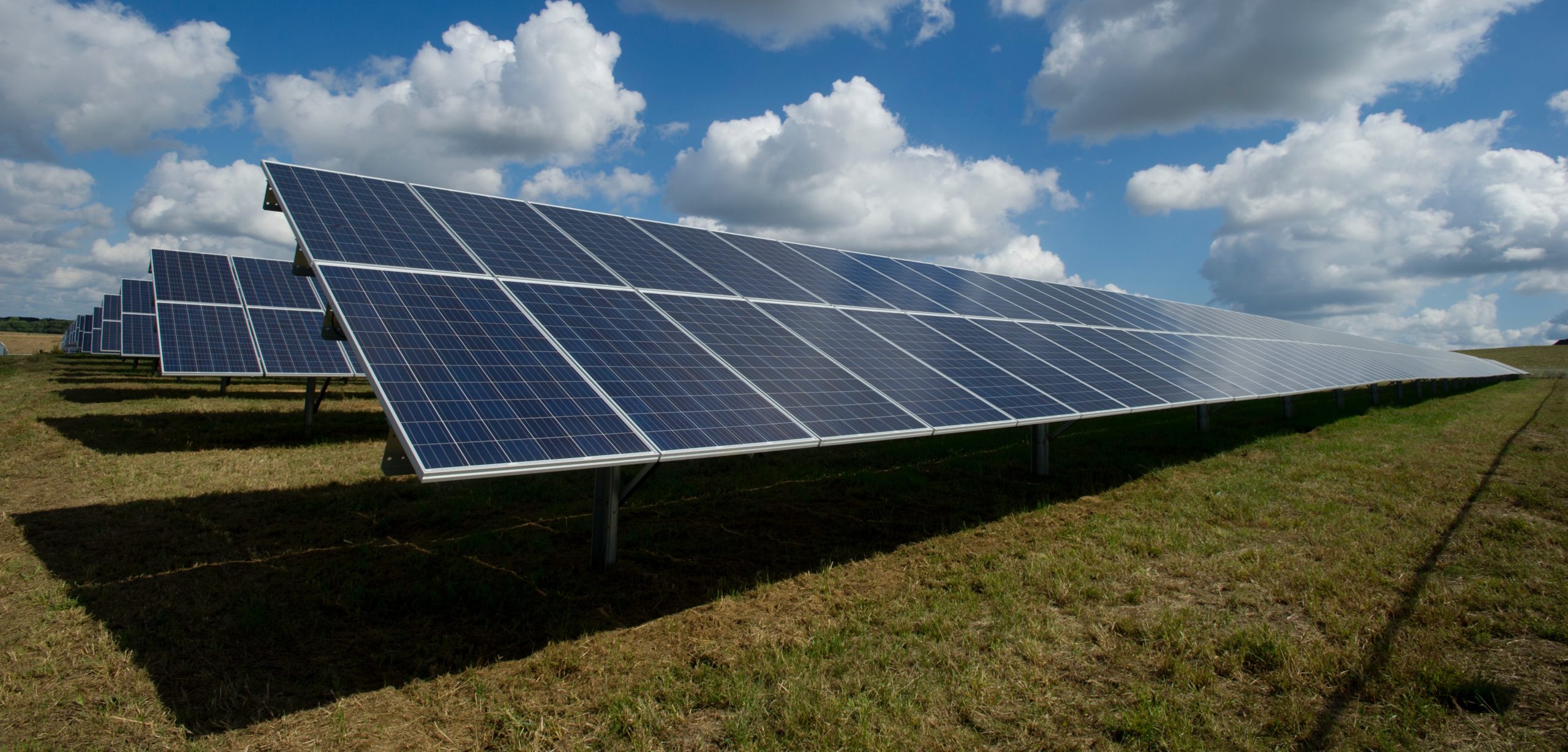Have you ever wondered how solar panels convert the sun’s energy into electricity? In this article, we’ll dive into the science behind solar panel functionality and show you how these remarkable devices can help you save money and reduce your carbon footprint.
What are Solar Panels Made Of?
Solar panels are made up of photovoltaic (PV) cells, also known as solar cells. These cells are constructed from a semiconductor material, usually silicon, which absorbs the sun’s energy and converts it into electricity.
How do Solar Cells Work?
When sunlight hits the solar cells, it creates an electric field, producing a flow of electrons. This flow of electrons is what generates electricity. This process is known as the photovoltaic effect.
How are Solar Panels Connected?
Multiple solar cells are combined to form a solar panel, and multiple panels are connected together to form a solar panel array. The array is then connected to an inverter, which converts the direct current (DC) electricity generated by the panels into alternating current (AC) electricity that can be used in your home.
What Happens to the Energy Produced by Solar Panels?
The electricity generated by your solar panel array is used to power your home. Any excess energy that is produced is sent back to the power grid, where it can be used by other people in your community. This is known as net metering.
What are the Benefits of Solar Panels?
There are many benefits to using solar panels. They can help you save money on your electricity bills, reduce your carbon footprint, and increase your energy independence. They are also low maintenance, long-lasting, and environmentally friendly.
Conclusion:
In conclusion, solar panels are a fantastic way to harness the power of the sun and convert it into usable electricity. With a basic understanding of how they work, you can make informed decisions about how to incorporate solar energy into your life and help preserve our planet for future generations.
So, start exploring your options today and discover the many benefits of solar energy!
Related:

Leave a Reply